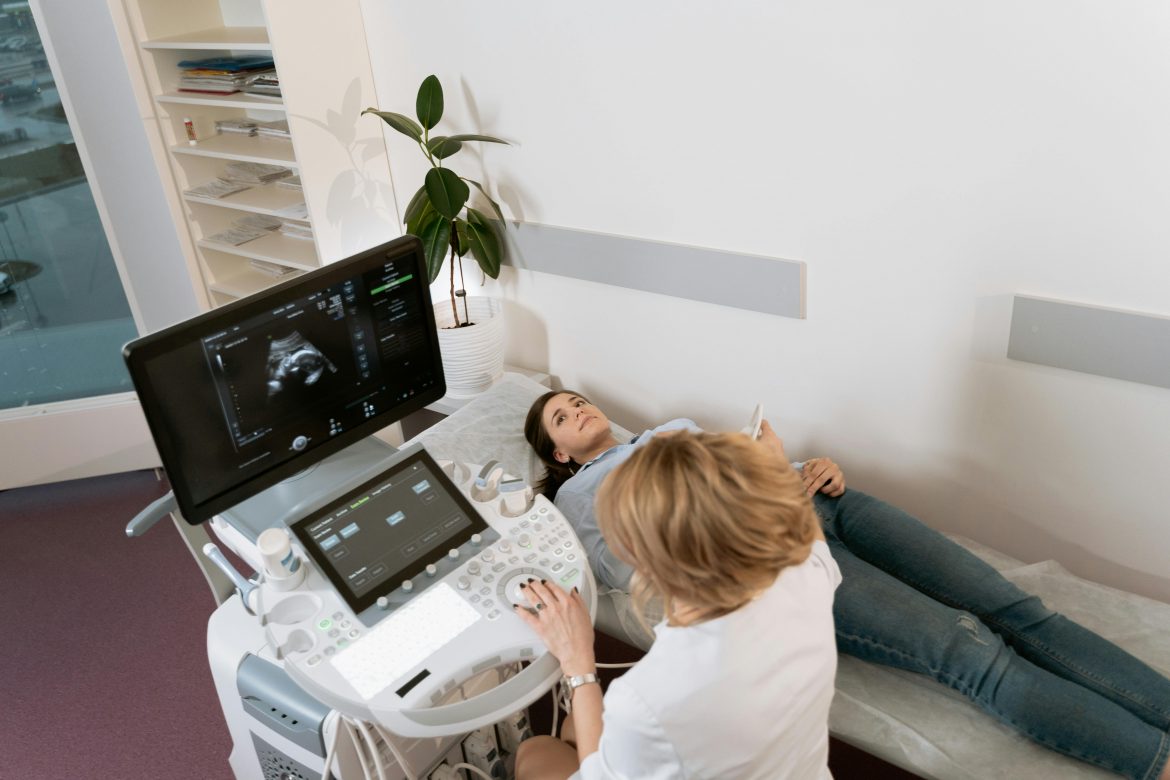There are a few appointments that us as woman simply cannot hide from or ignore – and a visit to your gynaecologist is one of them. Regular gynaecological check-ups are essential for maintaining women’s health, but sometimes your body will show you signs that it’s time to schedule an appointment sooner rather than later.
Usually, you should visit your gynae annually but, whether you’re noticing changes in your cycle, experiencing abdominal or menstrual discomfort, or you have a bun in the oven, here’s a guide to understanding when it’s time to visit your gynaecologist and what to expect during your appointment.
When to schedule your gynae appointment
Irregular menstrual cycles
If your periods are unusually heavy, too light, irregular, or suddenly stop (and you’re not pregnant), it’s worth getting checked. These changes could indicate hormonal imbalances, polycystic ovary syndrome (PCOS), or other underlying conditions.
Unexplained pelvic pain
Pelvic pain that doesn’t go away, particularly during intercourse or menstruation, could signal conditions like endometriosis, fibroids, or an infection.
Abnormal vaginal discharge
Unusual discharge that is thick, has a strong odour, or is accompanied by itching or irritation may indicate an infection such as bacterial vaginosis or a yeast infection.
Bleeding between periods
Spotting between periods or after intercourse can sometimes be a sign of hormonal imbalances, polyps, or even cervical health issues that require further investigation.
Unusual symptoms during menopause
If you’re going through menopause and experiencing severe hot flashes, vaginal dryness, or pain, a gynaecologist can help manage these symptoms and rule out other conditions.
Pain or difficulty during sex
Discomfort during intimacy isn’t something to brush off. It could be related to infections, pelvic floor issues, or hormonal changes.
Concerns about fertility
If you’ve been trying to conceive without success or have questions about your reproductive health, your gynaecologist can help identify potential issues or recommend next steps.
ALSO SEE: How to maintain work/life balance during the festive season
What to expect during your gynae appointment
Visiting a gynaecologist can feel daunting, but understanding what happens during an appointment can ease your concerns. Here’s a rundown of what you might experience:
Medical history discussion – Your doctor will ask about your menstrual cycle, sexual activity, contraception, and any symptoms or concerns you may have. Be honest—it helps them provide better care.
Physical exam – A general physical exam may include checking your vital signs and performing a breast exam to screen for any abnormalities.
Pelvic exam – This exam allows the doctor to check your reproductive organs for signs of abnormalities. It might include:
- External exam: Checking the vulva for irritation or infection.
- Internal exam: Using a speculum to view the vagina and cervix.
- Bimanual exam: Feeling the uterus and ovaries for size, shape, and tenderness.
Pap smear (If needed) – This test screens for cervical cancer by collecting cells from the cervix. Typically recommended every 3–5 years depending on age and health history.
STD testing – If you’re sexually active or have specific concerns, the doctor may recommend testing for sexually transmitted infections (STIs).
When in doubt, book the appointment
Your health is your wealth, and addressing potential issues early can prevent complications down the line. Even if nothing seems wrong, annual visits to the gynaecologist are essential for preventive care. Whether it’s your first time or your tenth, knowing what to expect can make the experience smooth and empowering.
Listen to your body—it’s often your best indicator of when something isn’t quite right. Don’t hesitate to seek expert advice. Your gynaecologist is there to support you in every stage of life.
ALSO SEE:
Featured Image: Pexels

